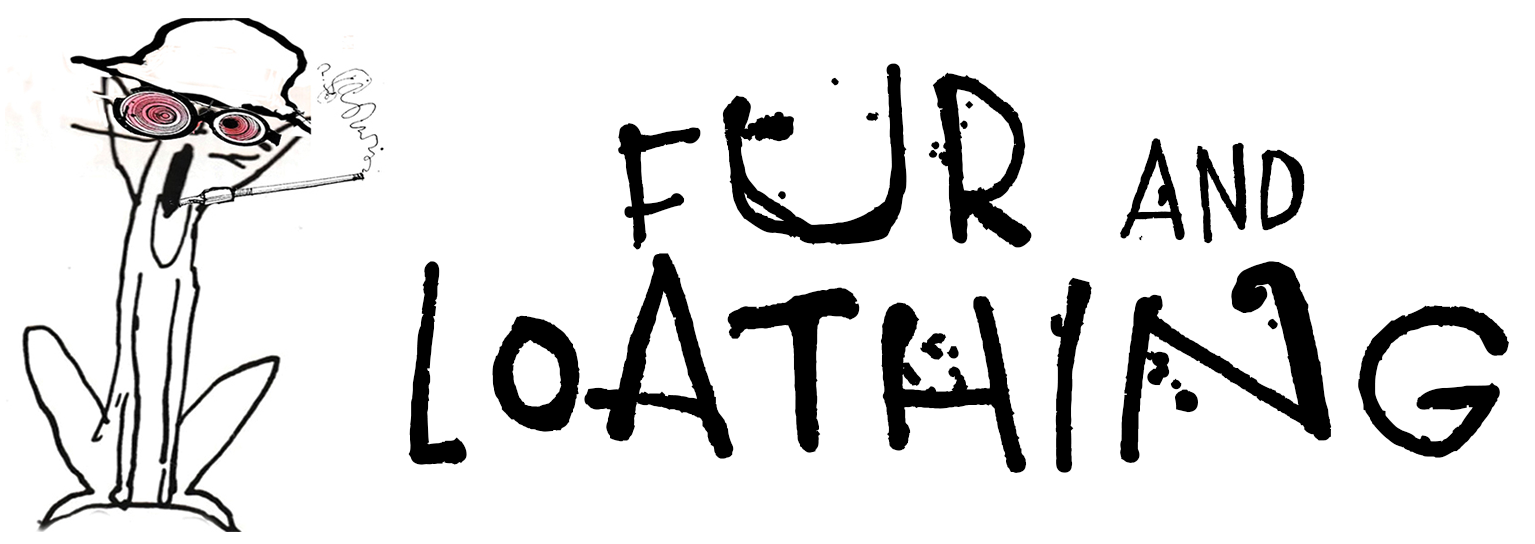By the time the smoke cleared over Berlin in May 1945, the West had already begun lying to itself.
The Führer was dead — so they said. The Reich defeated — so they hoped. But in the fluorescent-lit corridors of the CIA and the back rooms of Buenos Aires banks, men in good suits were already planning something quieter than victory. They called it Operation Eclipse. A cartography of denial. A redirection of flame.
It began with files—so many files. Shipped in crates to Langley and Pretoria, marked Confidential in three languages. Men of science. Men of war. Men who knew how to build rockets and run ministries and control populations with little more than fear and efficient record-keeping. Useful men. Survivors.
Argentina, under Perón, offered sanctuary like a shark offers its mouth. Whole towns near Bariloche turned German overnight. Schools taught Goethe, and cafés served Apfelstrudel next to the Andes. The swastikas were turned to the walls.
The Reich didn’t fall. It metastasized.
In South Africa, they wore a different uniform—pressed khakis instead of SS black—but the ideology was familiar. Order, hierarchy, purity. One apartheid bureaucrat was fond of quoting Himmler in private. “We are carrying on the civilizational burden,” he would say, glass of brandy in hand.
And then there was America. The former enemy, flushed with victory and fear of Communism, opened its doors wider than anyone.
Operation Paperclip brought over 1,600 Nazi scientists, engineers, and intelligence experts. The man who helped send Americans to the moon once helped aim V-2 rockets at London.
There were no trials for these men. No justice for their victims. Just fresh passports and a promise to keep quiet.
By the 1980s, their ideological children were building compounds in Idaho and hosting rallies in Michigan. By the next century they were using the old symbols and the old words: christian, purity, blood, nation.
And no one wanted to ask the hard question:
What if we didn’t defeat the Reich? What if we just changed its clothes?
In 2025, a journalist found the last living translator of Bormann’s South American dispatches. She was 98. Eyes like knives. Her final words before dying were not a confession, but a warning: “They never left,” she said. “They just learned to smile.”
May 11, 2025
NY Times May 14th, 2025: Boxes of Nazi Material Are Found After Decades in Basement of Argentina Court
https://www.nytimes.com/2025/05/13/world/americas/nazi-documents-argentina.html
